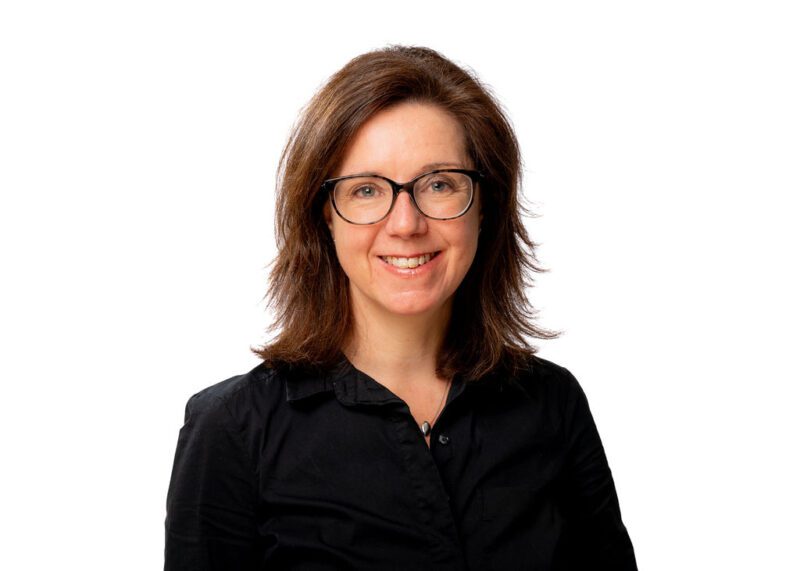-
Dr Stephanie ThomsonUniversity of Aberdeen
-
Dr Paula ChristieCollege Development Network
Project overview
This project will investigate school-college partnerships (SCPs) which offer the opportunity for students in Scotland aged 14-18 to undertake this phase of education across both a school and a college. The University of Aberdeen will deliver this project in partnership with the College Development Network.
Why this project is important
In Scotland, school-college partnerships have been in place since the introduction of Curriculum for Excellence (CfE) in 2011. SCPs have grown year-on-year since 2016 and now include around 20% of young people in Scotland. They offer opportunities for learners to combine academic and vocational study and to explore whether further education and/or apprenticeship may be a suitable next step.
However, because each school has its own arrangement with its local college, there is huge variety in both structure and content. Furthermore, SCPs often change, meaning that there can be sudden withdrawal of course/qualifications options. There is limited evidence on how the SCP route supports young people’s transitions.
What will it involve?
The research team will produce new insights into the characteristics of young people who undertake SCPs, the types of provision offered to learners, and how SCPs are experienced by learners and teaching staff. This will be achieved through addressing the following research questions:
- How do the characteristics of SCP learners compare with the overall cohort?
- How does SCP provision for different types of learners vary by area?
- What are young people’s lived experiences of SCPs? What supports or constrains successful transitions to college?
- How do experiences of designing and implementing SCPs differ from area to area?
Two qualitative research phases will map and investigate the learning offer and support available through SCPs in different parts of Scotland. The first phase will involve interviews with college professionals responsible for coordinating SCPs. The second phase will comprise four case studies, involving interviews with college staff and student focus groups to explore how choices were made and the experience of learning in a SCP.
A quantitative phase will examine the numbers and characteristics of learners in SCPs and their success rates. The researchers will explore the potential to identify the extent to which being in a SCP is associated with positive outcomes in terms of completion, grades, and levels.
How it will make a difference
The research will contribute to improved national-level evidence on SCPs, the enhancement of practice in SCPs, and policy development in the Scottish context and beyond.





































